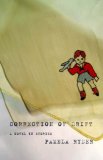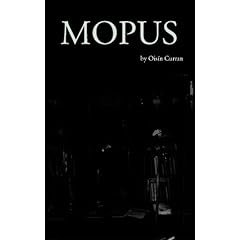 despite all the homages and collaborations (the latter dubbed here her CoLabs) and her obvious interconnected-ness to her poetry community, Brown is a very singular, sonically super-powered poet.
despite all the homages and collaborations (the latter dubbed here her CoLabs) and her obvious interconnected-ness to her poetry community, Brown is a very singular, sonically super-powered poet.
the book charts the poet moving from a natural lyric with a consummate, perfect touch to a far-out experimentalism of sound (in a museme) which then seems to settle into (or temporarily rests, taking on the appearance for the moment of mastered maturity), in daybook, something teasingly wise and emotional.
early you get poems like the “Pledge” :
“I pledge allergy to the flail of the United States of Amigo
And to the reputation for which it stands,
one national park, under godmother, indivisible,
with lice and kabob for allegiance” (p. 36).
and then the defense/offense of her method in “To Jennifer M.,” :
“What’s with these people
boys or girls who tamp down
the lyric impulse, the heart
waiting in line, barefoot &
illegal. Old-fashioned emotion
is relegated to a loud radio
void sometimes, but Frank O’Hara
has faith in you & me even
though or because we’re girls” (p 67).
throughout you’ve also the talent for aphorism, as in:
“If we all looked alike
How would we fall in love?” (p. 120)
the “museme” pieces i don’t love, but it’s hard not to like things like this a little:
“O Oil Loci
I Loll, I Coo,
I coil olio.
Lo, O ill ici,
Cool C.O.
Col. Clio” (p.81)
by book’s end it seems a synthesis between the museme experiments and a natural lyric has been made, e.g. here’s the first bit of “Summery”:
“An undone tropic fell too lush
A canyon climb a bird a thrush
A tea before the ending hitch
The sprite from hell said smoke the bitch
I wandered lonely in the midst
of poets conversing not quite kids
and many lovers ex and all
chasing through the water
Fall
As leaf to leave to lavish to laugh
A gape gaffed taped onto dinner mapped
I batter the dough of those who wert
pommeled to structures suturing work” (p.171)
what she does (at least in part) is fulfill (or re-make or invent entirely independently) o’hara’s notion of personism. of which the great dada baby said:
“has nothing to do with philosophy, it’s all art. It does not have to do with personality or intimacy, far from it! But to give you a vague idea, one of its minimal aspects is to address itself to one person (other than the poet himself)… It was founded by me after lunch with LeRoi Jones on August 27, 1959, a day in which I was in love with someone (not Roi, by the way, a blond). I went back to work and wrote a poem for this person. While I was writing it I was realizing that if I wanted to I could use the telephone instead of writing the poem, and so Personism was born.”
but in the end brown is making her own way while working the old questions:
“Reinvent love.
Can we reinvent love.
Why reinvent love.
Crush as a way of knowing.
Is it the only way of knowing.
It is a good way of knowing” p.179.
so, yea & verily, i think polyverse crushes, crushed me. do, if yer able, give it a whirl.
_______________________________
click here and scroll down for henry hill’s beautiful impossible-yet-possible portrait of the poet.
the poet Interviewed by C. Bernstein on his show Close Listening
_______________________________
buy it used or find it at your local library.
 a fascinating but subtly disappointing book, ann quin’s THREE is a formally radical novel. arguably more daring in form than her contemporary b. s. johnson–with whom she’s often lumped partly because they committed suicide in the same year–she’s here also more cagey and unfortunately more predictable.
a fascinating but subtly disappointing book, ann quin’s THREE is a formally radical novel. arguably more daring in form than her contemporary b. s. johnson–with whom she’s often lumped partly because they committed suicide in the same year–she’s here also more cagey and unfortunately more predictable.



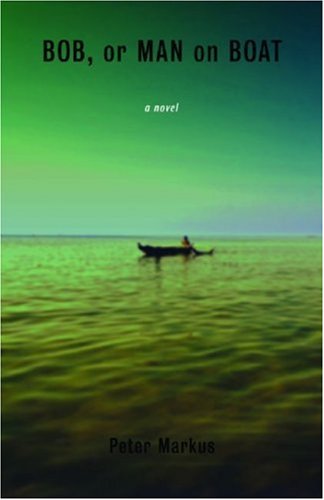


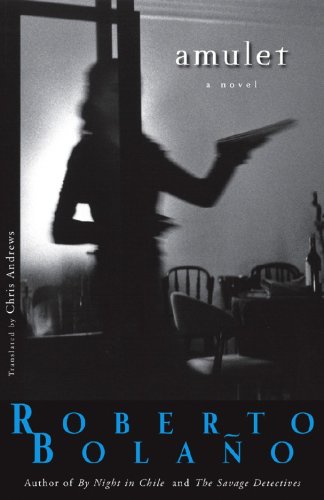



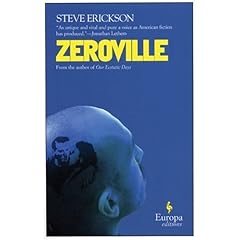

 stumbled onto this Stephen-Paul Martin interview where he makes this opposition: experimental fiction as legitimate alternative network to the corporate publishing world… or experimental fiction as a minor league system for that corporate publishing world:
stumbled onto this Stephen-Paul Martin interview where he makes this opposition: experimental fiction as legitimate alternative network to the corporate publishing world… or experimental fiction as a minor league system for that corporate publishing world:


